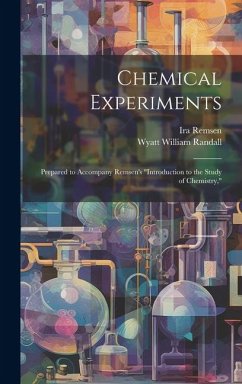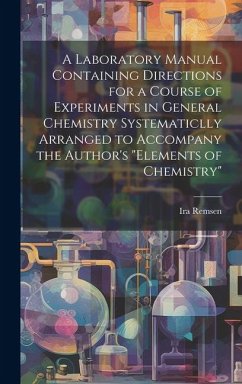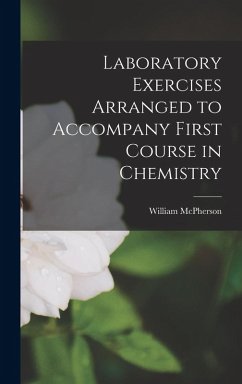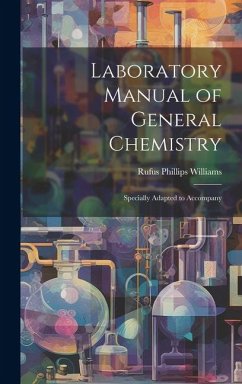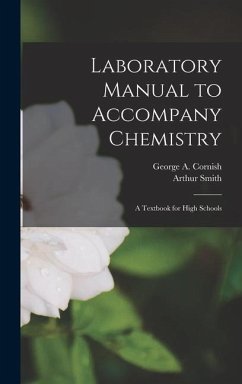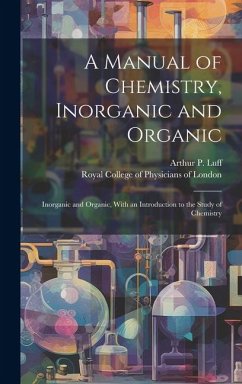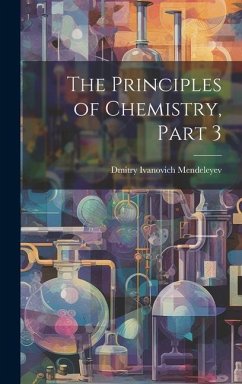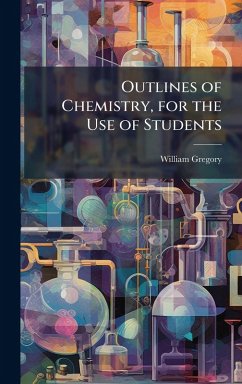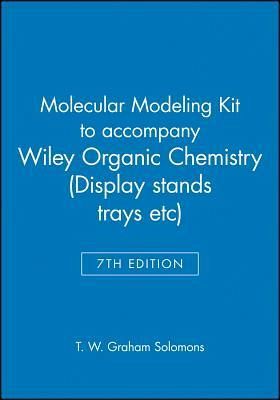
Molecular Modeling Kit to Accompany Organic Chemistry, 7e
Versandkostenfrei!
Versandfertig in über 4 Wochen
35,99 €
inkl. MwSt.

PAYBACK Punkte
18 °P sammeln!
Manipulating models and building molecules in 3-dimensional space is the very best way for students to develop their spatial skills (one of the key issues in organic courses) and to get a real sense of how molecules are put together. To that end, we have done everything we could to make a model set available for students at a price they can afford. The model kit is particularly customized to the Solomons Fryhle text, but can be used with any of Wiley's organic texts. Manufactured by Darling Model Kits, this custom kit was designed by T.W.Graham Solomons. The kit consists of Darling's basic Mol...
Manipulating models and building molecules in 3-dimensional space is the very best way for students to develop their spatial skills (one of the key issues in organic courses) and to get a real sense of how molecules are put together. To that end, we have done everything we could to make a model set available for students at a price they can afford. The model kit is particularly customized to the Solomons Fryhle text, but can be used with any of Wiley's organic texts. Manufactured by Darling Model Kits, this custom kit was designed by T.W.Graham Solomons. The kit consists of Darling's basic Molecular Vision kit with a few additional pieces, so that p orbitals could be shown in molecules like acetylene. This customized kit also has pieces that allow linear geometry for the sigma bonds of alkynes while also having orthogonal connections at each atom for the associated p orbitals. By attaching balls of the right colors it is possible to show the lobes of the p orbitals that make up the pi bonds in an alkyne. Ball colors can be matched symmetrically to show in-phase orbital overlap, or antisymmetrically to show an antibonding state. Use of colored balls with the appropriate framework geometry is a very nice feature of the Darling model set. Pieces from Darling's inorganic model set and are used for octahedral geometry.




